

I eventually enjoyed the later releases (HOI2 and especially HOI3 after the essential patches and then the expansions), but found this one frustrating and unintuitive at the time. I did not play this one with the expansions, so the experience may have improved. With the game starting in 1936, why should any of the major powers that fought in WWI need to re-research WWI technologies before advancing to 1920s and then 1930s tech? It's not like they all forgot how to build WWI tanks, planes, and artillery, or stopped development in the interwar period. The game's lack of a suitable tutorial scenario or practical hints does not inform you about small critical details, like mobilizing your army before engaging in war. The result was that after several in-game years and many real-time hours of sub-optimal play leading up to the outbreak of war, my divisions were simply overrun in minutes. Game over, try again with a better idea of what to do and not to do. The learning curve is needlessly brutal. It's not that it's a bad game, but the next two releases in the series were significantly more interesting to me (I put way over 1000 hours into HOI3 after they patched and massively overhauled the ridiculously broken initial release, where nothing even remotely resembling WWII was likely to occur). On the other hand, HOI4 became far more cartoony, where small countries with tiny populations could field massive armies, large forces could cross huge deserts and fight effectively beyond them without supply issues (HOI3 had the most realistic logistics system, despite its quirks), and other extremely gamey oddities. This initial effort by Paradox isn't bad, but still sub-par.
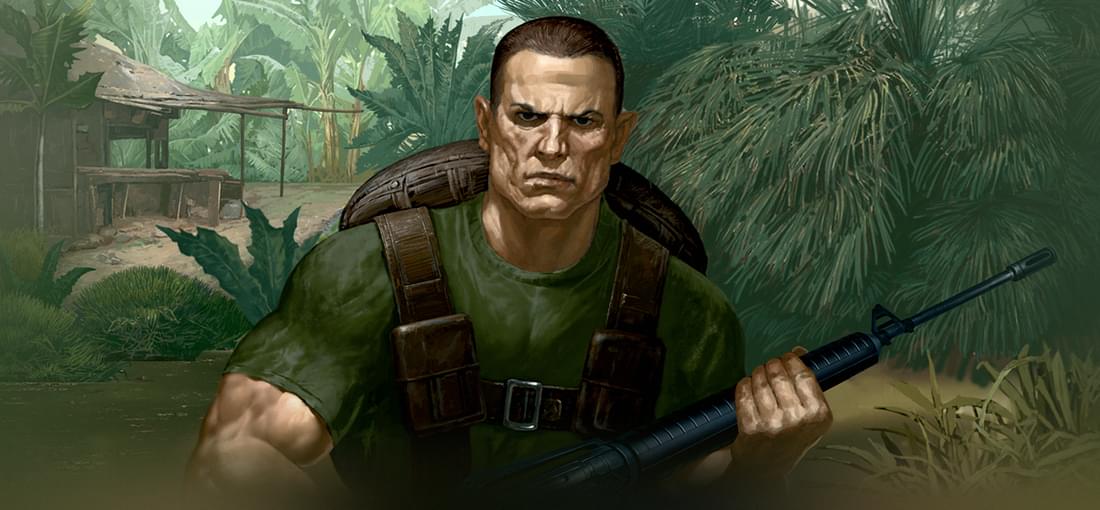
This feels like a Jagged Alliance 2 spinoff, with a few improvements in the overall concept, but a significantly worse user interface. I bought it on disc, quite a few years ago, and played for maybe 20-30 hours. I found the implementation to be clunky, awkward, and annoying, but the actual combat mechanics and campaign setting seemed solid, from what I remember of it. Ultimately, I ran into some kind of bug that forced me to quit and reload, but ended up firing up JA2 again instead, and forgot this game until I saw it here. This could have been a really good game if it had a few bugfixes and some changes to the interface. As is, it's playable, but to me it felt like the interface was a bigger challenge than the opponents.
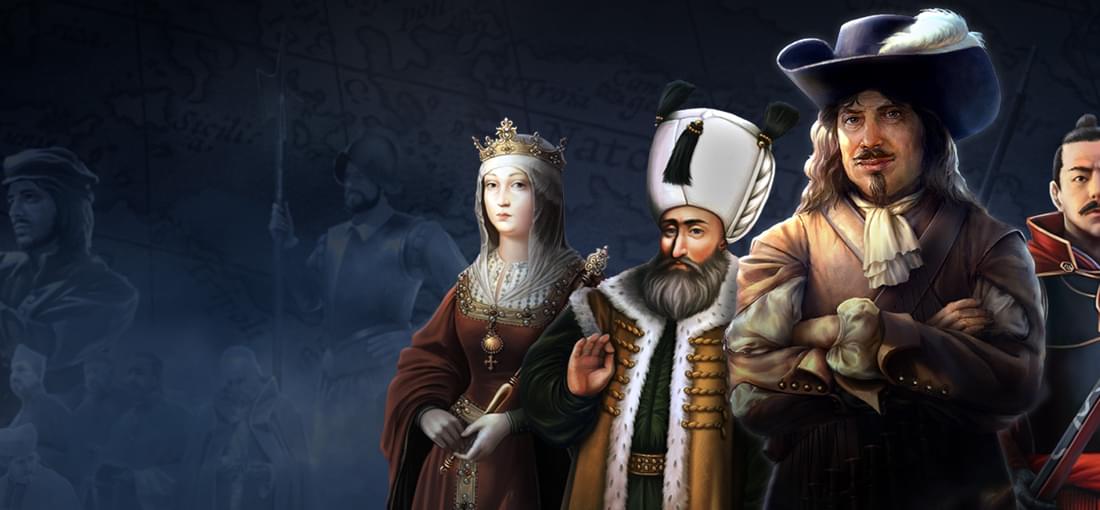
The game mechanics in EUIV are considerably more fleshed out than those in EUIII, but there are far too many "hard lumps" in the "sandbox" for my liking. Basically, it tries to enforce a historical course of certain events with extreme modifiers, even if it makes little sense under the circumstances (+-25 is a very significant modifier, but +-1000 is essentially a guarantee of it happening). Meanwhile, the "missions" tend to railroad the player, unless you intentionally avoid them. The learning curve is fairly steep, and the tutorial is relatively useless, but after about 3 brief starting attempts, I picked up most of what I needed to do. Since then, I've started at least a dozen games, which were fun for a few decades at the start, but every single one of them eventually ran afoul of enforced events that I cannot work around, driving me into a course which I do not want to take. I've gone back to playing EUIII, which is quite a bit more simplistic, but not as absurdly railroaded. A shame, because EUIV could have been great if they hadn't tried so hard to force a historical course of events. Nudging things in a direction is fine, but "You WILL do this" doesn't make for a fun game.

This second installment of the Caesar series includes field combat, which means that you can send a Legion out to deal with barbarian invaders or conquer rival villages BEFORE they reach your city. One of the other Caesar games allows field battles to be exported and played out in a related (Siege?) game (which I did not see on GOG), while most of the later games have your defenders deal with invaders (or fail to) in an unrealistic piecemeal fashion on your city map, PLEBS ARE NEEDED - Yes, because you assigned too many tasks without sufficient manpower to accomplish them. This is one of the first things you learn to deal with and keep track of throughout the game, and is one of the primary ways that the game limits the player's expansion so you don't "win" the scenario in 15 minutes. Working efficiently within your budgets of both money and manpower are the keys to victory. I find this one a bit more refined than Caesar 1, and a bit more relaxing than 3, a good compromise in my opinion.
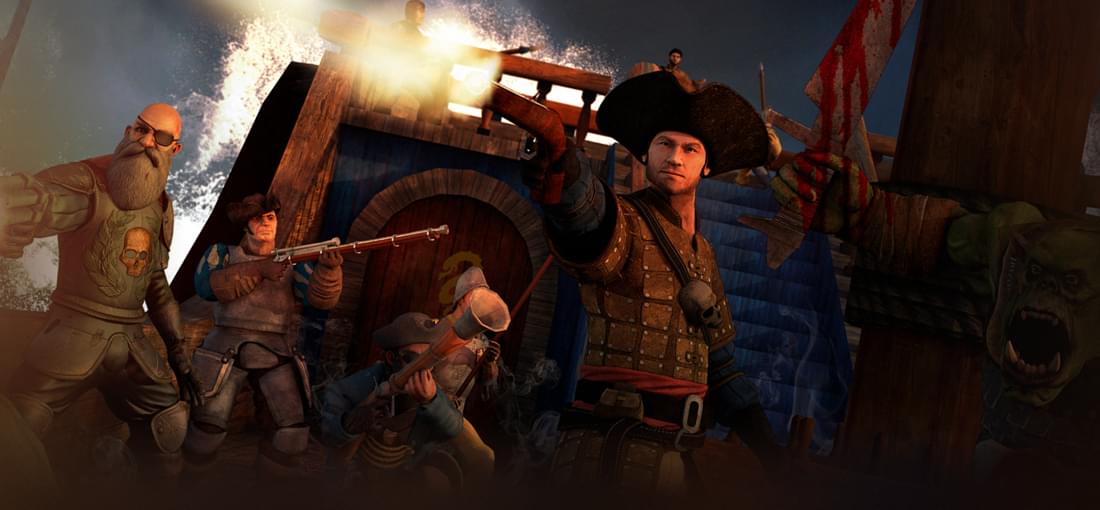
The basic premise is solid, naval combat is entertaining, and trade is fairly functional, but boarding actions make me want to rage-quit. The tutorial doesn't really give you enough indication about what the menus and controls do, so I had to bring up the keyboard mapping menu to find out what the various keys did by default. After 20-ish hours of play, I believe I've figured out most of it. Ship to ship combat is fluid enough, but once a boarding action starts, my frame rates drop to 2-3 per second on a mid-grade PC. Worse, the NPCs can run THROUGH opponents to get behind them (your character can't), and clip through obstacles on deck (you see heads and limbs sticking out of a solid object), other than cannons, which they hop onto and then off again at a full run in less than a second. To top off the absurdity, there's a fairly high chance in each battle that my captain would go into "spin mode", changing facing randomly with each frame, making them completely uncontrollable until the end of the battle. After only 20 hours of play, I've seen the same mission types being offered over and over again, to the point where I can see it getting really repetitive after 50-100 hours of play. If not for the frustrating boarding nonsense, I'd say this game was pretty good for 50-100 hours of entertainment, and well worth picking up at a decent discount. As is, it's only so-so.
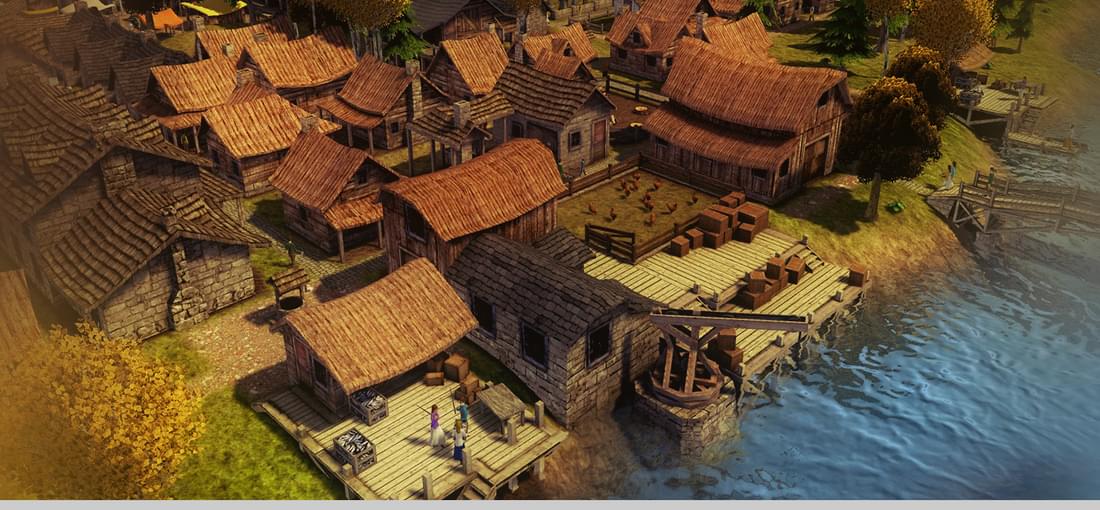
Banished is a village-builder where you place buildings to build, define which resources to harvest, and assign workers to occupations, but have no direct control of the inhabitants. This can be both a good and a bad thing. The citizens will proceed to do the tasks related to their assigned jobs, except when they don't. In most cases, they will take care of personal needs (bringing food, firewood, tools, clothing, and medicine home from storage, etc.), but may occasionally fail spectacularly and die of starvation, freezing, or illness with the solution to their problem lying only a few steps away for months. Then your fishing-person will fall in the river and drown. The only serious down side is that there is no "end goal" of any sort, just increasing tedium as you exhaust the resources close at hand, then several mines and quarries (which cannot be removed once exhausted), and then you have trouble transporting enough raw materials to the center of the map from the increasingly distant resources remaining. There are no "enemies", no hostile creatures, and no deadlines to meet, so it's purely a "build at your own pace until you get bored with it" game.

Finally, the game is available on a non-Steam platform, and I can play it. Thank you, GOG. I've put about 20-30 hours in so far, and I'm already seeing a few of the down sides that Oblivion had, amplified. As in previous Bethesda games, they've created an absolutely amazing world. Unfortunately, between the horrendous console interface, mandatory quest markers (no directions given in most quests if you want to turn the markers off), and limited options in dialog (Oblivion had more, Morrowind had FAR more), it's a rather marginal RPG. Yes, you can play "dress up doll" with your character, but a lot of it is meaningless. The perks are a sorry mess, and Attributes are missing; everyone has the same jump height, same carrying capacity (other than with perks), and other generic aspects, rather than each character being potentially unique and interesting from the start. It's still a good game, but it pains me to think how much better it could have been if Bethesda had focused more on choices and consequences, rather than making it so one character can do and be everything.

Kenshi is mostly a desolate and barren wasteland, with a few strips of arable land and some even more inhospitable zones where you need protective gear to survive at all. The setting is very well fleshed out, akin to one of the Elder Scrolls games. You control a character or group of characters, and each of them gains in ability directly through doing, not by spending "experience points" to increase something they've never actually worked at. Initially, you are by far the weakest thing in the game, and the only way to improve is by doing (mainly losing), so you end up grinding at mining (or enslaved) to feed your character(s), as well as getting into fights against enemies who (hopefully) won't actually kill the character, just loot or enslave them until they escape. Either you do the long RPG grind until your stats improve, or else cheese the mechanics (such as by sneaking everywhere to build up Sneaking skill, or drastically overloading the character's inventory and then walking around to boost Strength). After 50-80 hours of play, it's pretty obvious to me that Kenshi gives you a brutal starting experience, until you eventually hit the point where your character(s) is/are stronger than almost everything else out there. At that point, it turns into another city building sim, where you build, fortify, and defend your fortified town or outpost against attacks while building up industries to make it self-sustaining. Even if you download one of the gazillion "harder" starts (starting with limbs missing and other handicaps), it's just a matter of grinding longer until you hit that "overpowered" point, going from being prey to everything to top predator. Overall, it's a pretty impressive bit of work (especially since it started as a one-man project), but your level of enjoyment may vary a LOT from player to player. Many players will definitely NOT like it. For me, it's good, but a bit too "all or nothing" with only a short sweet spot between the two.

I bought this game on CD about a year after release, and the only reasons I'm not still playing it are: 1 - Warband has several additional features that make it preferable, even though I like the original map better. It's also less prone to crashing, especially while running large mods. 2 - Windows 10 doesn't support the DRM used on the CD, and my attempt to download this game elsewhere resulted in a failure to run. I have not downloaded the GOG version (yet), and am not sure whether I'll have the same issues or not. 3 - Several fantastic total overhaul mods (The Last Days of Middle Earth, Star Wars:Conquest, etc.) have been ported to Warband, and are much more stable on the newer game. The main reason for playing the original is that several other significant mods for the original game were NOT ported to Warband, and will not run on it. A few of those require a LAA memory utility (there are several free ones) to prevent crashes, as original M and B cannot access more than 2Gb of RAM, no matter how much your PC has available. In short, if you're debating between this and Warband, buy the newer game. If you're looking to run some of the older mods, you'll need this one. For those unfamiliar, starting out is tough, as it's a steep learning curve for both your character and yourself until you've got a strong party of high-level troops. There is not "story", other than the one you create, but there are "tasks" you can accept from other lords. With more familiarity, the beginning is actually pretty easy. Kingdom management was added in Warband, so you can only be an independent mercenary or a pledged vassal to a king, not a ruler yourself in this game.
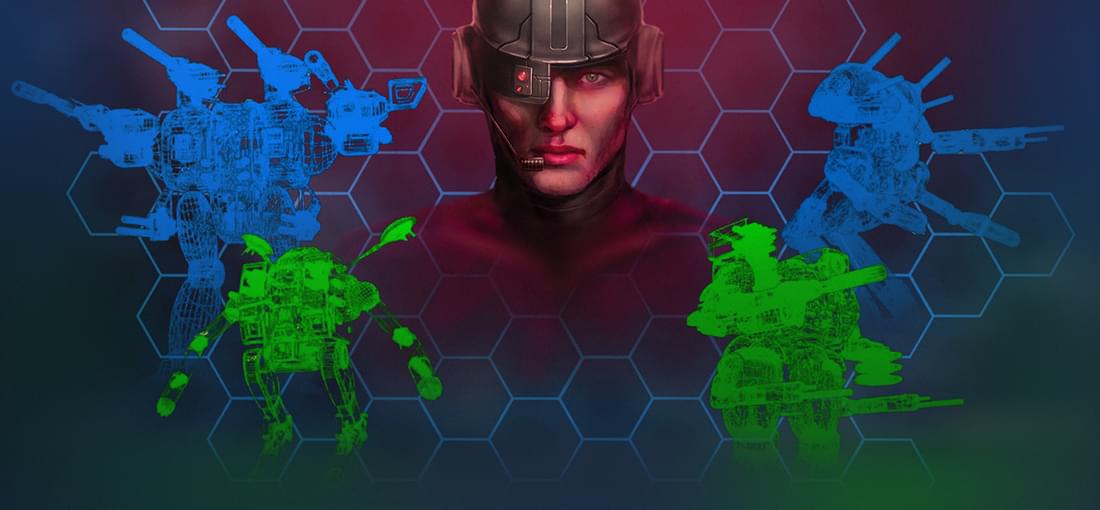
It's not Battletech, but I like it better than what the more recent Battletech computer game turned into. This is hex-based and turn-based combat with giant robots, with a variety of exotic weapons, shielding, movement modifiers, and various electronic warfare enhancements. What's not to like about it? Well, one thing I'm not thrilled with is the pilots, called "derms", who are essentially cyborgs with practically no higher brain function. There isn't the same sense of attachment to a "team" as with a bunch of Mecha jocks with quirky backgrounds and personalities. Here, you recycle them when they reach the end of their useful lives, or when you can replace them with new and plainly better "derms". Still, it works well from a gameplay aspect. The graphics aren't modern by any means, but it's a very functional and easily learned game, with enough depth and variety to avoid boredom. The sequel had "issues", from what I remember. I had forgotten this gem, but here it is on GOG.